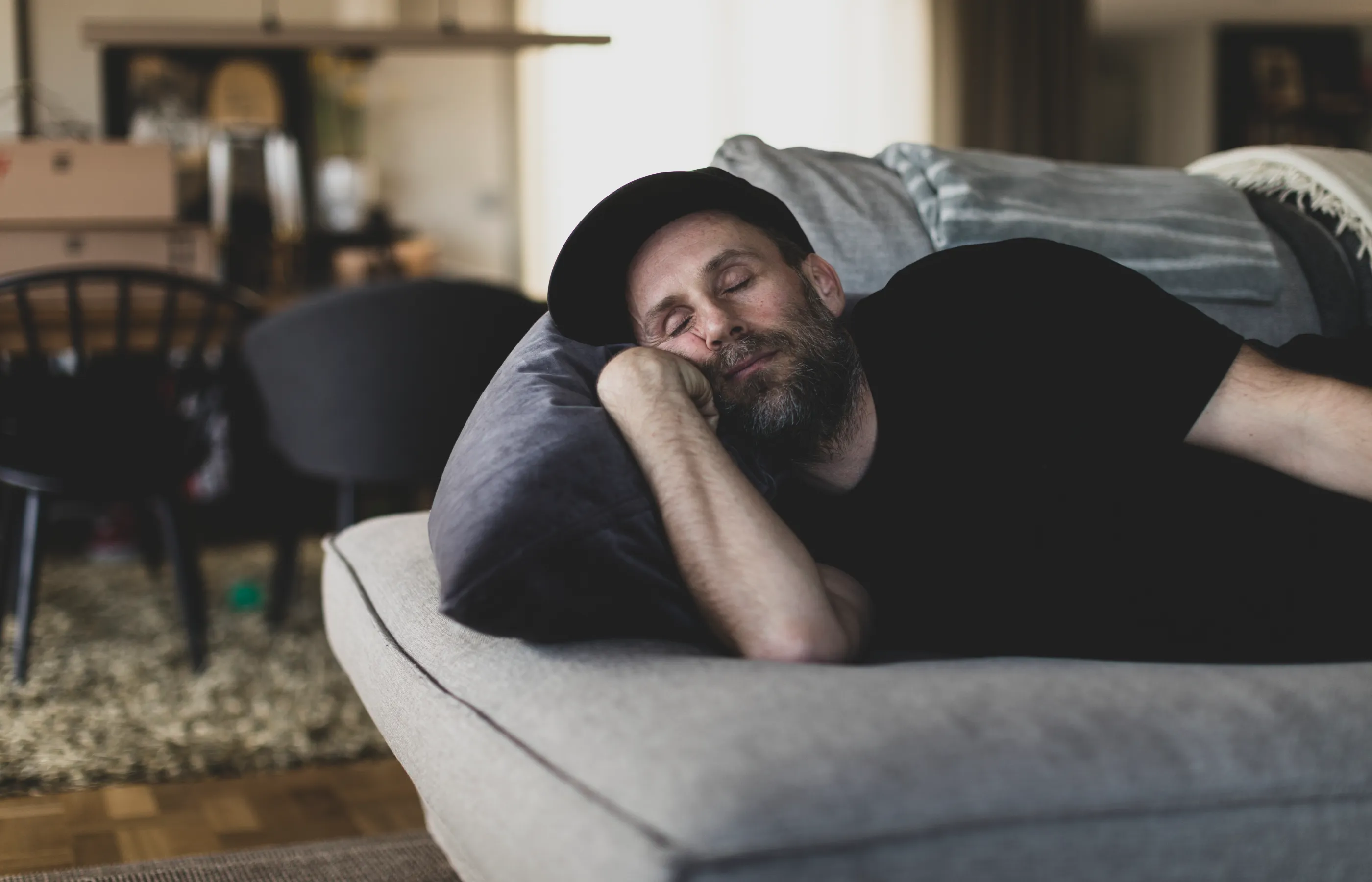
Get help with your sleep problems.
If you're experiencing narcolepsy symptoms such as excessive daytime sleepiness, or suspect some other sleep condition is undermining your health, Novant Health offers sleep health solutions, including:
- Neurologists who are board-certified to diagnose and treat a wide range of sleep conditions
- Five nationally accredited sleep study centers

What are the effects of bad sleep?
When you get a poor night’s sleep, you may feel fatigue, brain fog and a general lack of energy. However, short episodes of poor sleep can also impair your memory and judgment, cause overeating and lower your sex drive.
Less obvious are the serious health threats posed by chronic lack of sleep, especially if you already have a serious or chronic condition such as cardiovascular disease, obesity, depression or diabetes.
How we can help you
The first person to consult if you are having sleep issues is your primary care provider. They may refer you to one of our many sleep clinics for evaluation. To ensure a productive visit, you may be asked to keep track of your sleep in a journal.
During your study, a neurologist will review your medical history, ask you questions about your sleep and may recommend several steps you can take to improve your sleep.
If you are caring for a child experiencing sleep issues, you should first consult a pediatrician. If needed, we can refer you to a pediatric sleep expert. These providers specialize in diagnosing and treating sleep conditions such as night terrors, bed-wetting, sleepwalking and nocturnal seizures.
Sleep Clinics and Sleep Centers
Sleep Clinics
Our board-certified experts at Novant Health sleep clinics provide you with services to diagnose and treat sleep conditions.
Sleep Centers
If it is determined that you need a sleep study as part of your evaluation, you will visit one of our nationally accredited sleep centers.
